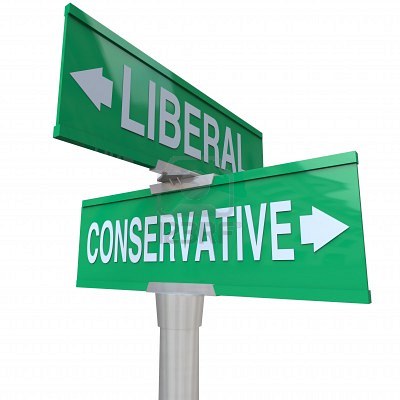An op-ed entitled "Can Liberal Christianity Be Saved?" by Ross Douthat in the New York Times offers a poignant critique of liberal Christianity and holds, in my opinion, some worthy points of consideration for many Episcopalians.
 To begin let me offer a note about conservative and liberal forms of Christianity here. In my opinion, conservative Christianity is more likely to pull away from the the societal trends surrounding it and 'conserve' the methods, ideas, arguments, and paradigms of the past. Liberal Christianity has the tendency to adapt to to the culture and society surrounding it, and be more "free" in its acceptance of contemporary trends and innovations. When we are honest with ourselves, none of us are fully 'liberal' (i.e. accepting everything freely) or fully 'conservative' (i.e. refusing everything new or innovative). Christianity has been, as Jesus was, both conservative and liberal.
To begin let me offer a note about conservative and liberal forms of Christianity here. In my opinion, conservative Christianity is more likely to pull away from the the societal trends surrounding it and 'conserve' the methods, ideas, arguments, and paradigms of the past. Liberal Christianity has the tendency to adapt to to the culture and society surrounding it, and be more "free" in its acceptance of contemporary trends and innovations. When we are honest with ourselves, none of us are fully 'liberal' (i.e. accepting everything freely) or fully 'conservative' (i.e. refusing everything new or innovative). Christianity has been, as Jesus was, both conservative and liberal.
It doesn't matter - conservative or liberal. Christianity asserts that Christ is Sovereign. Jesus is Lord. When, by grace, we accept God's supremacy in our lives, we will and must be changed by this faith (Eph. 2:8). As our lives change and conform to the Gospel, we will also work to transform our societies, because we love the people, our neighbors, that constitute them. And the mission of the Church is salvation in Christ, both temporal (now) and eternal (forever), physical (body) and spiritual (soul), individual (me) and corporate (us).
Can Liberal Christianity be saved? I think only if the focus shifts from "Liberal" and returns to "Christ(ianity)". But beware: when that shift is made, worrying about "liberals" or "conservatives" will be among the least of any Christian's concerns.